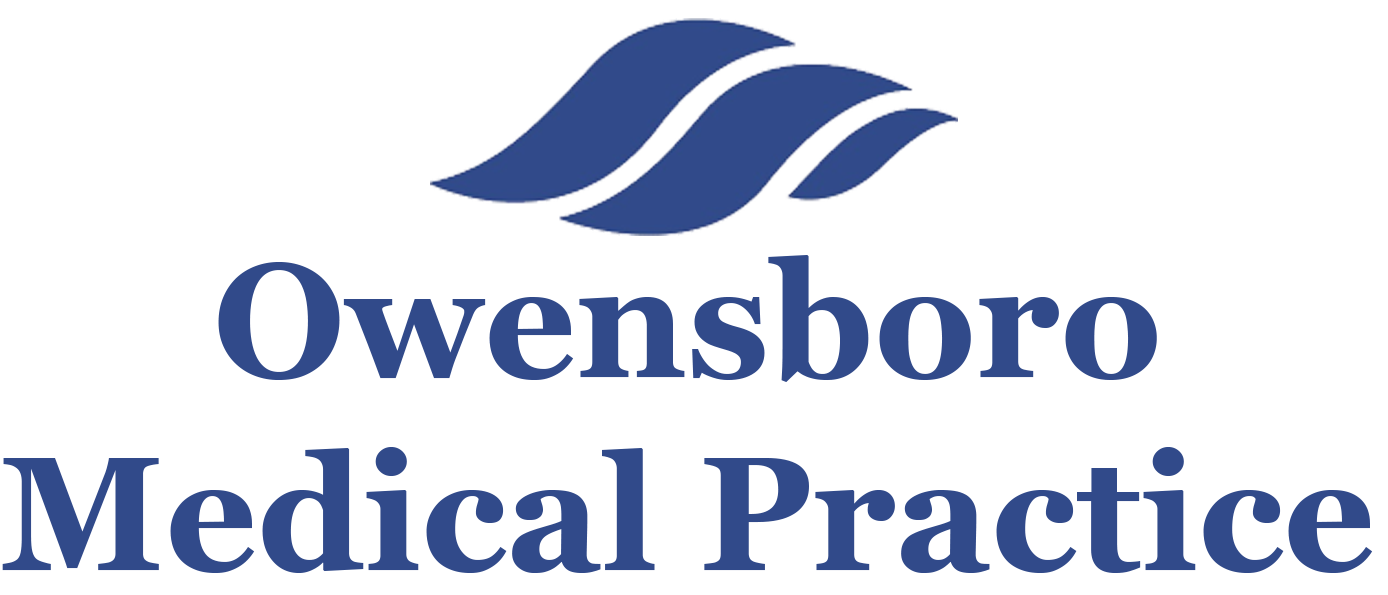Narcolepsy
Narcolepsy is a neurological disorder that causes excessive daytime sleepiness and disrupted sleep.
During rapid eye movement sleep (also called REM sleep) you lose all muscle tone. This protects you from acting out your dreams.
Those with narcolepsy may have symptoms related to an intrusion of REM sleep into wakefulness. For example, some of those with narcolepsy experience cataplexy, which is a temporary loss of muscle control triggered by strong emotions, particularly with laughter. Some have sleep paralysis, which is a brief loss of muscle control that occurs during the transition between sleep and wakefulness. Some have hypnagogic hallucinations, which are vivid dreams that occur at sleep onset.
Narcolepsy most often appears during the teenage years or early adulthood.
Polysomnography (overnight sleep test) and the Multiple Sleep Latency Test (MSLT) are used to support a diagnosis of narcolepsy.
Medications are available for treatment.
For further information, these web sites are recommended:
Narcolepsy Network – https://narcolepsynetwork.org/
Sleep Education – Your Sleep – http://sleepeducation.org/
National Sleep Foundation – https://www.sleepfoundation.org/
